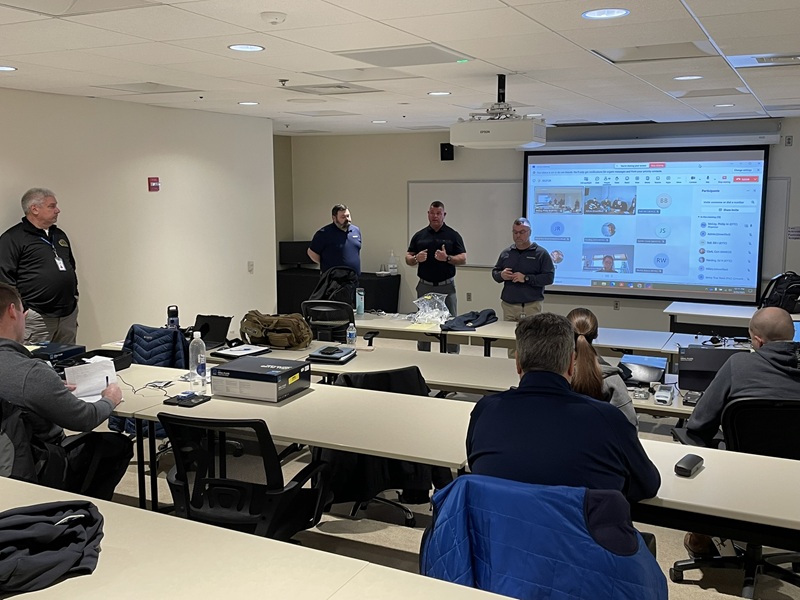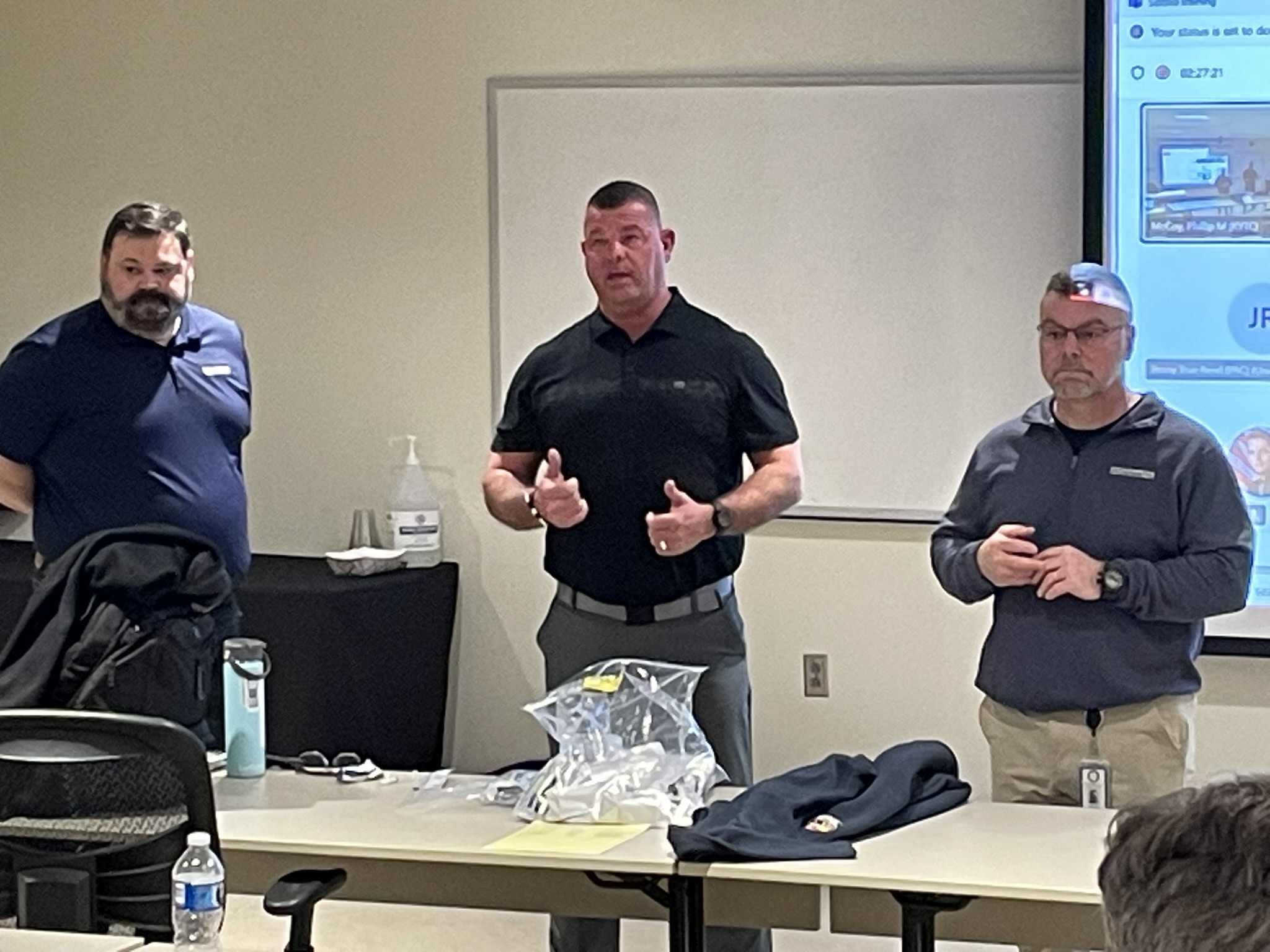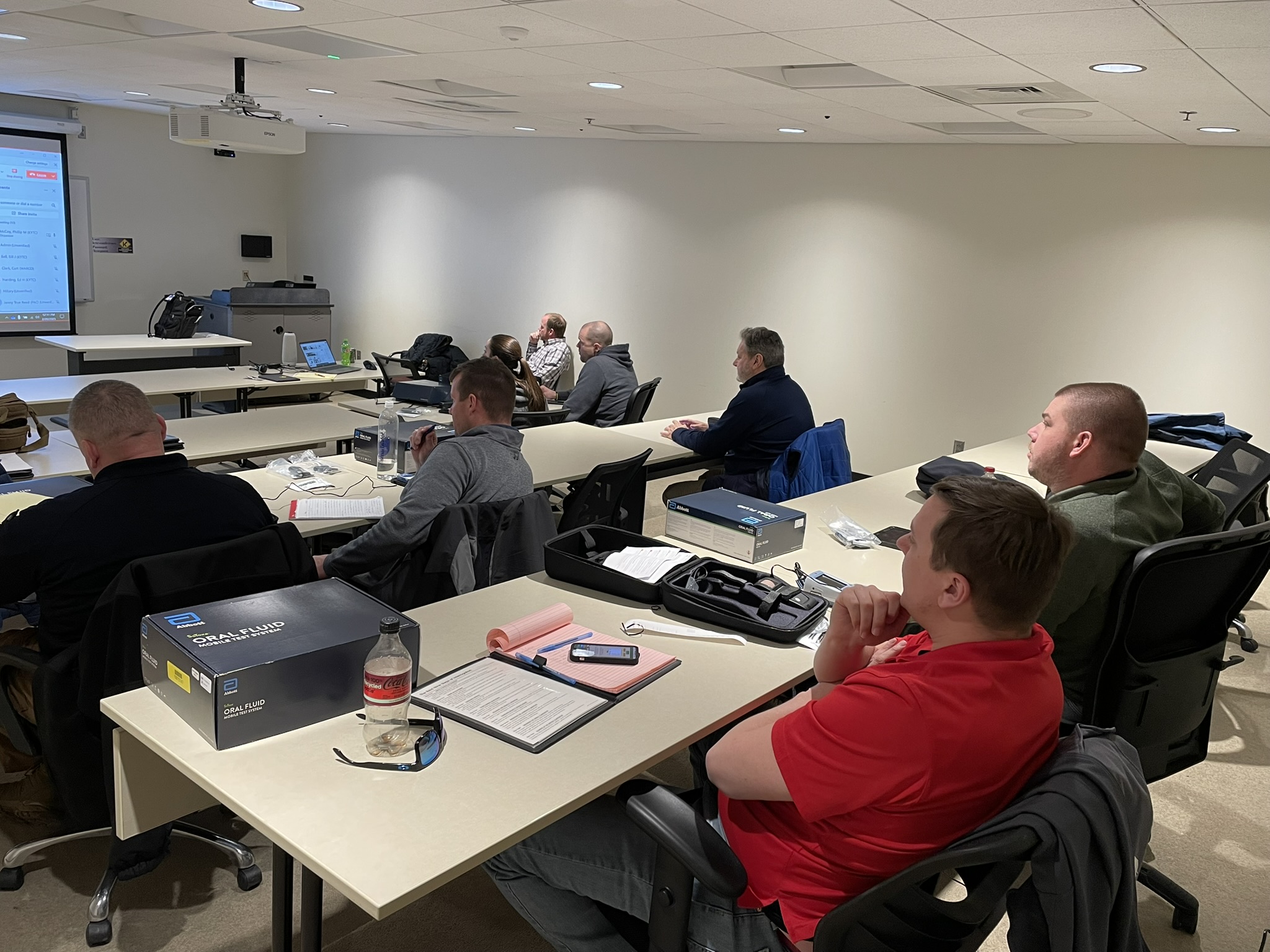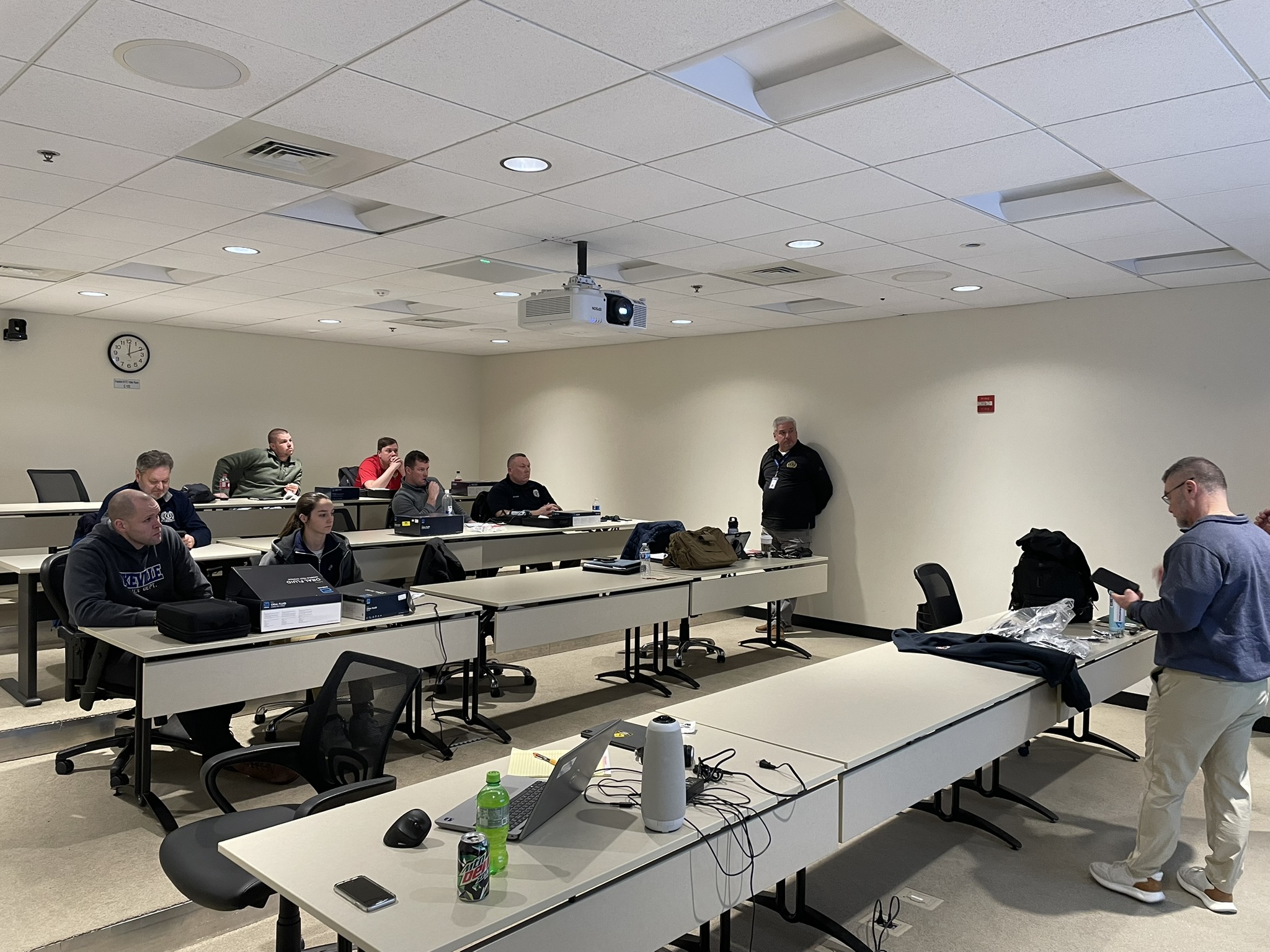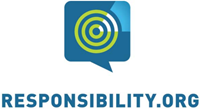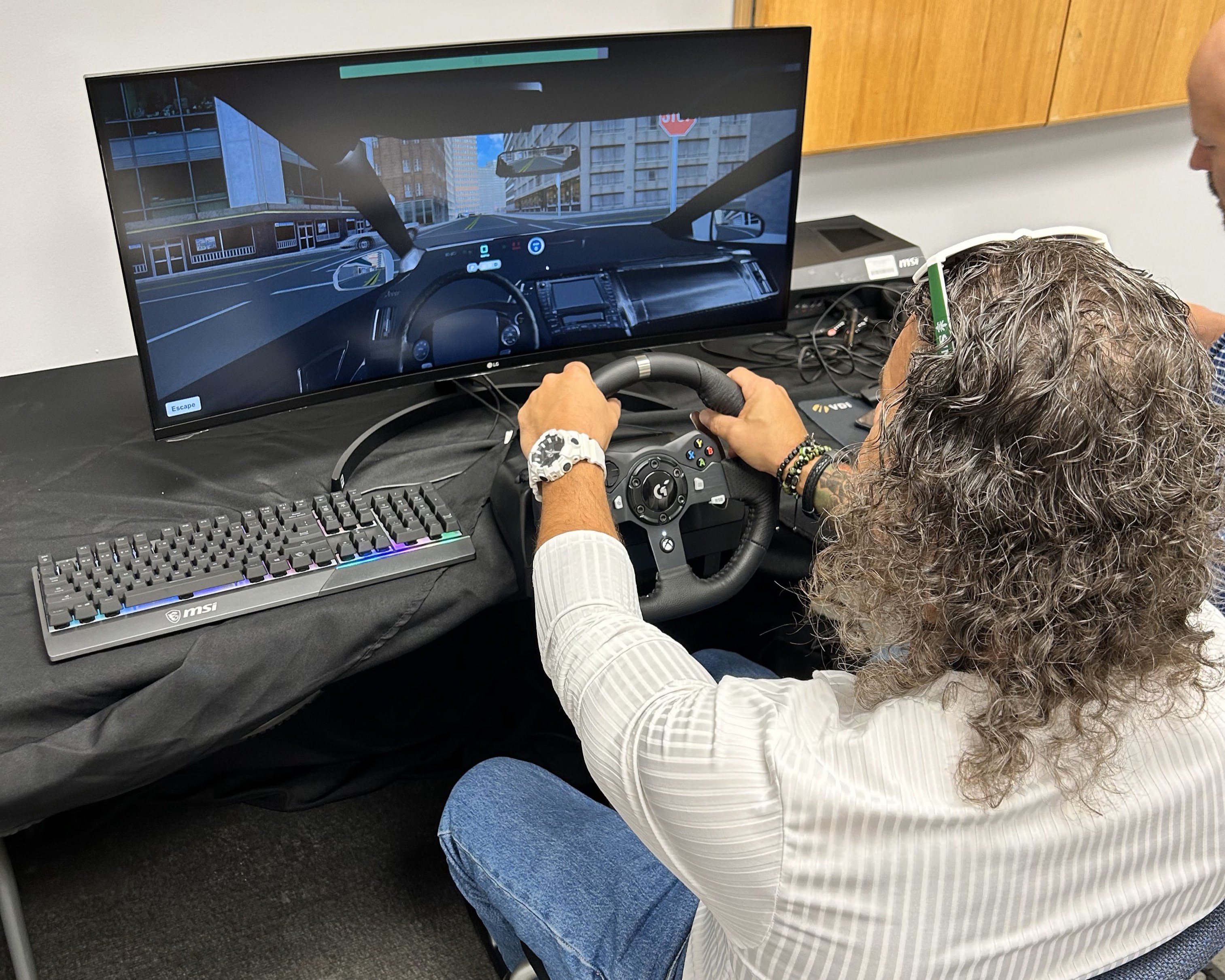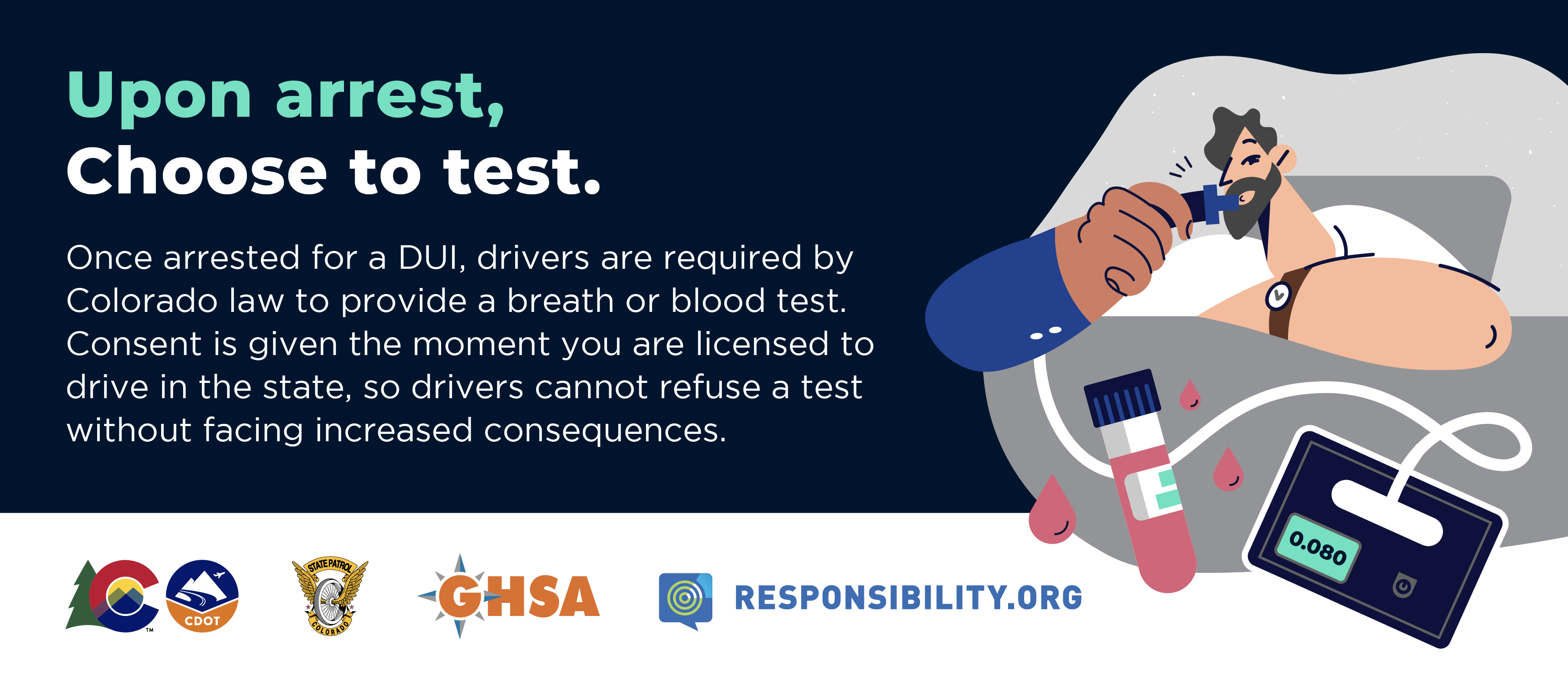Expanding Tools to Address Drug-Impaired Driving
The initiative focused on expanding roadside oral fluid testing, officer training and statewide enforcement capacity in response to rising multi-substance and high-risk impaired driving cases. Drug-involved crashes now carry a higher fatality rate than alcohol-involved crashes, and with the legalization of medical marijuana in 2025 and an increase in poly-substance cases, reliable roadside testing became a critical need for law enforcement.
The Kentucky Office of Highway Safety deployed SoToxa oral fluid testing devices and trained officers in their use to improve evidence collection and enhance DUI enforcement. To build sustainable capacity, more than 90 officers completed oral fluid testing training, including 65 who achieved train-the-trainer certification, enabling them to share knowledge within their agencies. Early pilot use demonstrated that SoToxa was particularly effective in borderline DUI stops, providing a reliable roadside tool to guide enforcement decisions and strengthen prosecutions.
The initiative was further supported through strong outreach. At the Kentucky Safety Summit in Louisville (May 21–23, 2025), two sessions on SoToxa drew law enforcement, prosecutors and safety officials, generating significant interest. In June 2025, the state expanded its investment by purchasing 55 additional devices and distributing them across all 16 State Police posts and drug interdiction units.
Testing
Between 2024 and 2025, a total of 115 SoToxa devices were deployed across Kentucky. More than 90 officers completed training, with 65 certified as trainers to ensure program sustainability. The deployment allowed agencies to collect real-time oral fluid evidence at the roadside, reducing reliance on limited laboratory resources and providing faster turnaround for DUI cases.
Ongoing Impact
The deployment of SoToxa devices has significantly expanded Kentucky’s ability to detect drug-impaired drivers and improve roadway safety. Officers now have a practical roadside tool to identify drug use, strengthen enforcement and support prosecutions. The initiative also laid the foundation for a statewide data system to track and analyze results, ensuring future enforcement strategies are evidence-driven. By investing in training, technology and outreach, Kentucky created a replicable model for other states addressing the challenges of drug-impaired driving.

